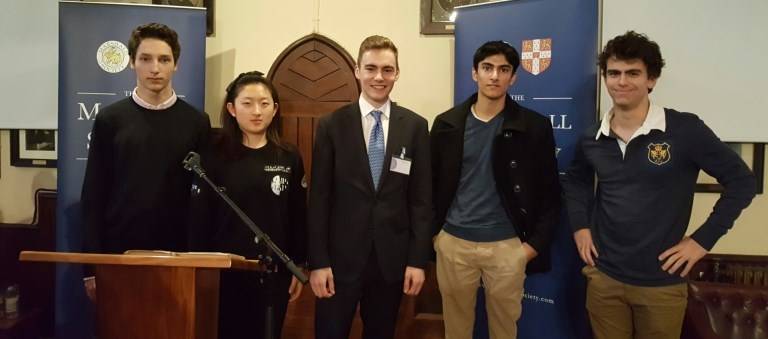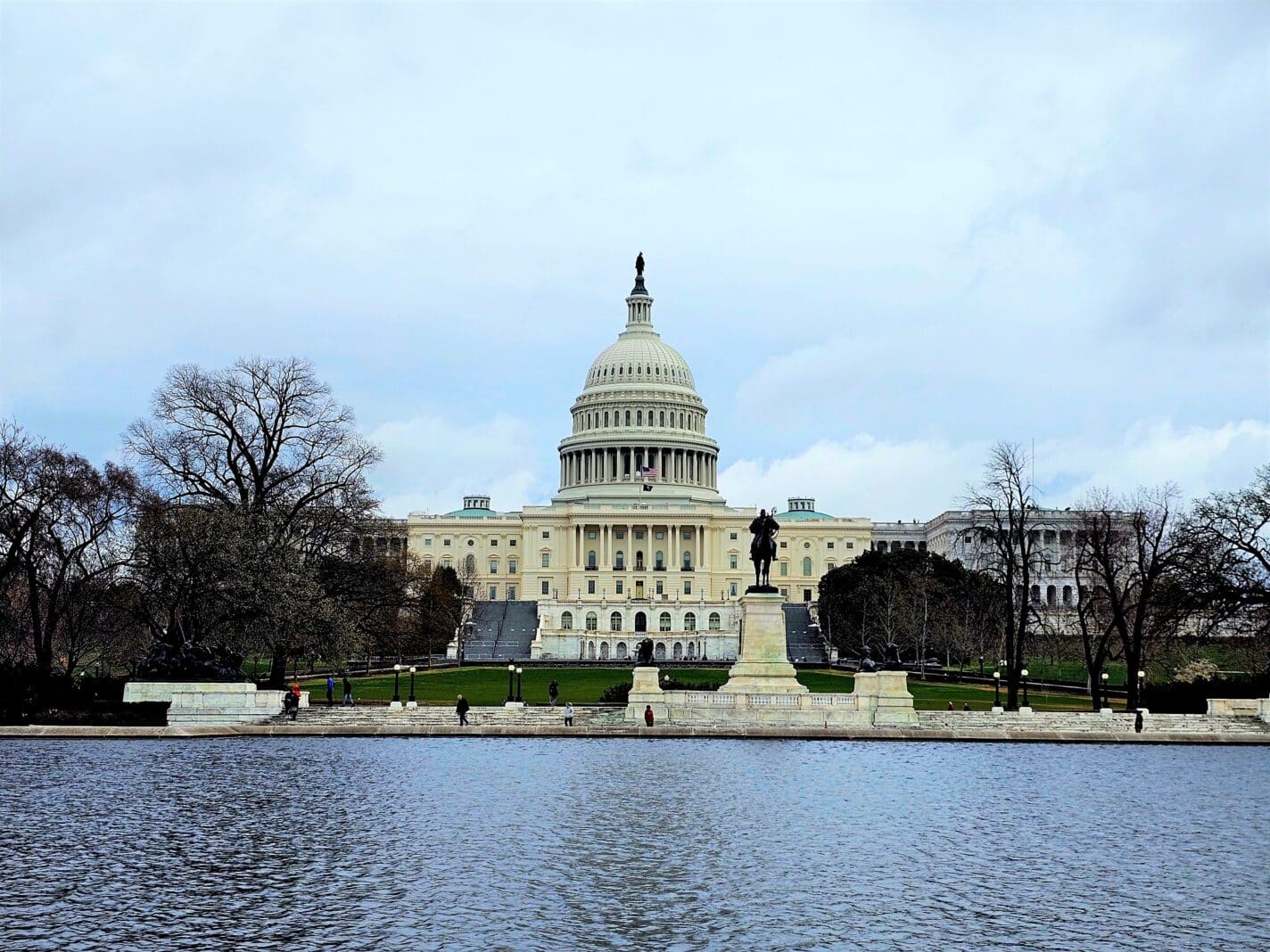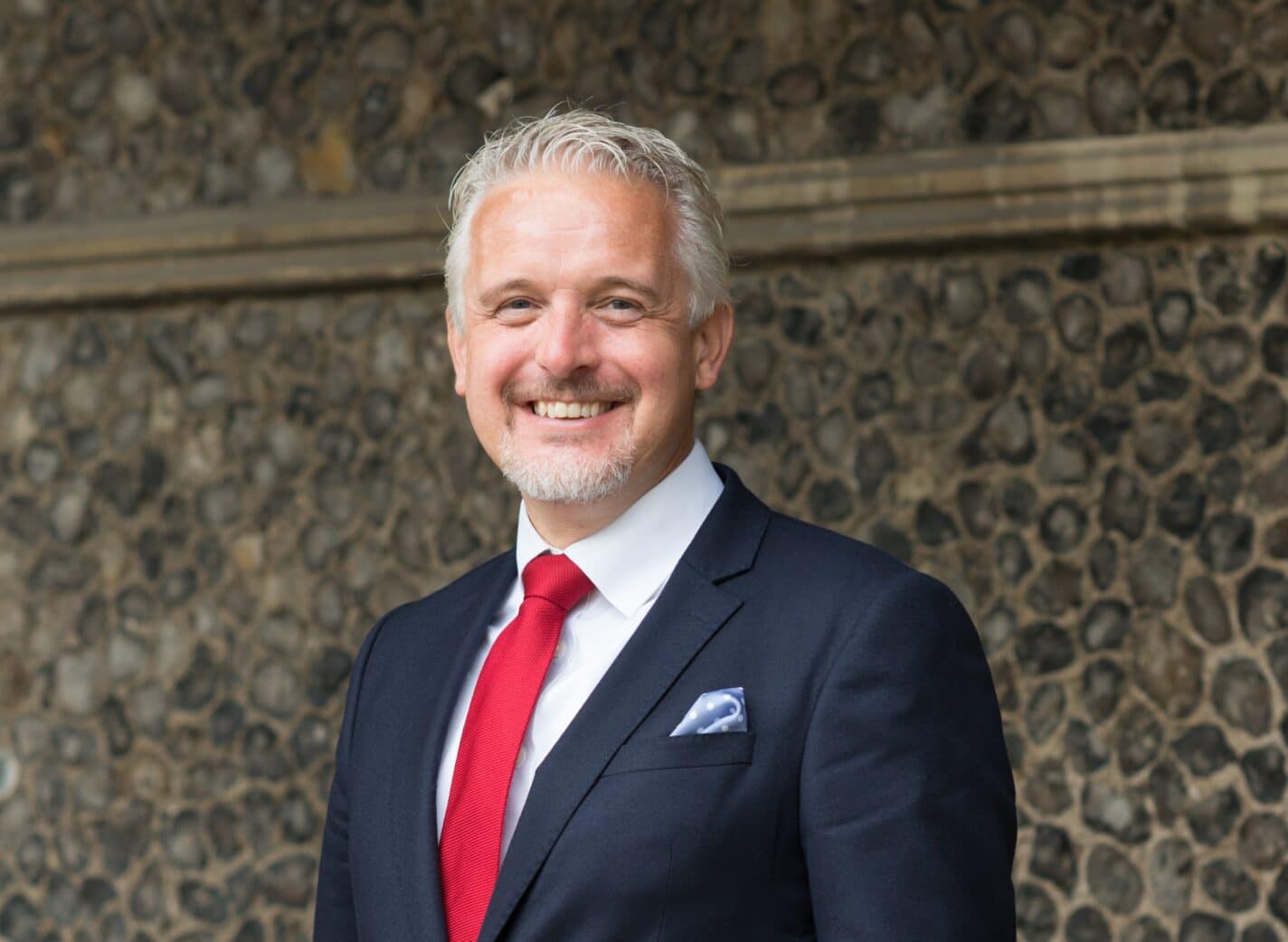On the 4th of February four Oundle Sixth Form Economics pupils attended the Marshall Society Conference, hosted by the Cambridge Union. Organised by Society President Oliver Wood (OO), the conference aims to provide a platform for subject specialists to discuss a broad range of issues, including the causes of the financial crisis, how policymakers should respond to economic downturns and whether economics itself is going through an academic crisis.
This year’s theme was Crisis Economics, and featured a programme of ten speakers who each offered a unique insight into economics and why the subject needs to be changed or re-examined to reconcile it to the real world and the problems it faces. Some speakers argued that some of the most basic axioms of economics ought to be changed, whilst others insisted that because the nature of the economy has changed dramatically in the last two centuries, economics therefore needs to change to account for that change.
The range and expertise of the speakers was striking, particularly to an A level student, and allowed us to go far beyond the classroom and the syllabus. We were introduced to cutting-edge ideas like the ‘Doughnut Model’, which offers an alternative to one of the most fundamental diagrams in economics, namely the circular flow of income. We were also fortunate enough to hear from economists who were involved in developing the case for Brexit.
My favourite talk was the final one on behavioural economics by David Halpern, the leader of the ‘Nudge Unit’ established by David Cameron in 2010 to discover ways in which behavioural economics could help improve policy. He revealed how small nudges, such as changing the ways councils send letters to citizens can make enormous differences, such as encouraging people pay tax more regularly.
All the talks were different and wide-ranging, and they all taught us something new. We returned with insights and ideas that gave us an entirely different way of looking at economics.
Freddie Smith (Ldr)





